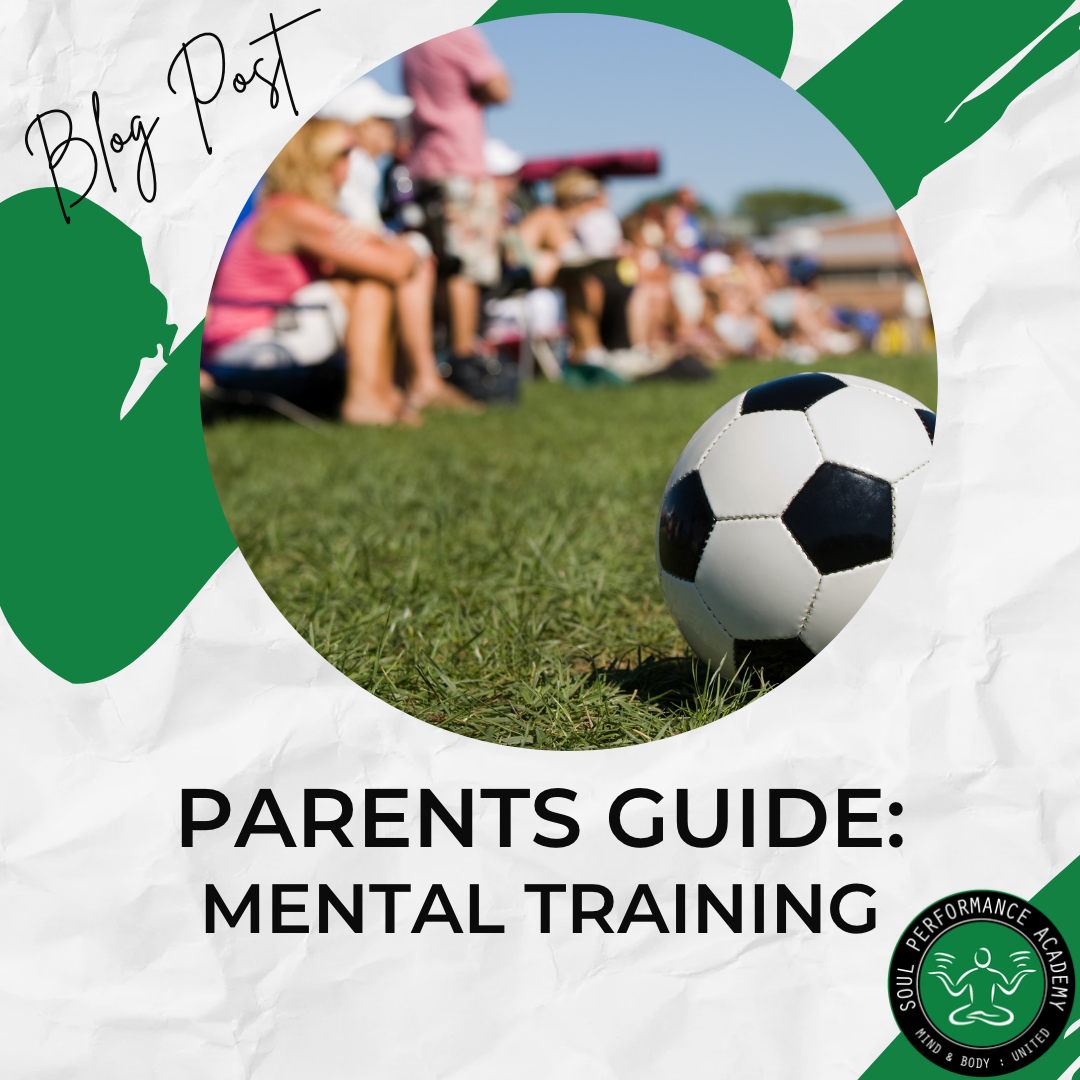
Parents Guide: Mental Training
Participating in youth sports can be a great way for young athletes to develop important physical and social skills, such as teamwork, communication, and leadership. However, as youth sports become increasingly competitive, it is important to recognize the importance of mental performance training and coaching. Mental performance training can help young athletes improve their focus, confidence, and resilience, which can ultimately enhance their overall athletic performance and enjoyment of the sport.
There are several reasons why parents should consider investing in mental performance training for their youth sport athletes:
- Mental performance training can improve athletic performance: Several studies have demonstrated that mental performance training can enhance physical performance. For example, a study of collegiate basketball players found that those who received mental performance training showed improvements in shooting accuracy, free throw percentage, and rebounding (Gardner & Moore, 2007). Another study of high school wrestlers found that mental performance training improved their performance in competition (Kaufman, Glass, & Arnkoff, 2009).
- Mental performance training can help young athletes cope with stress: Youth sports can be stressful, and athletes may face pressure from coaches, parents, and peers to perform at a high level. Mental performance training can help young athletes learn coping skills and strategies for managing stress and anxiety. In a study of young tennis players, those who received mental performance training reported lower levels of stress and greater confidence than those who did not receive the training (Maynard & Hemmings, 2010).
- Mental performance training can improve mental toughness: Mental toughness is an important characteristic for athletes to possess, as it allows them to persevere through difficult situations and overcome obstacles. Mental performance training can help young athletes develop mental toughness by teaching them resilience, grit, and a growth mindset. For instance, a study of high school soccer players found that those who received mental performance training showed improvements in mental toughness and a greater ability to handle setbacks (Kerdijk, van der Kamp, & Polman, 2017).
- Mental performance training can enhance overall well-being: Participating in youth sports can be a great way for young athletes to stay active and develop physical skills, but it can also be a source of stress and anxiety. Mental performance training can help young athletes develop a positive mindset, which can enhance their overall well-being and enjoyment of the sport. In a study of young soccer players, those who received mental performance training reported greater satisfaction with their performance and a greater sense of enjoyment of the sport (Weinberg & Gould, 2014).
Mental performance training can be a valuable tool for enhancing athletic performance, coping with stress, developing mental toughness, and enhancing overall well-being in youth sports. By investing in mental performance training for their young athletes, parents can help them develop important skills that can benefit them both on and off the field.
References:
Gardner, F. L., & Moore, Z. E. (2007). The psychology of enhancing human performance: The mindfulness-acceptance-commitment (MAC) approach. New York: Springer.
Kaufman, K. A., Glass, C. R., & Arnkoff, D. B. (2009). Evaluation of mindfulness-based stress reduction intervention with student-athletes. Journal of Clinical Sport Psychology, 3(4), 320–333.
Kerdijk, C., van der Kamp, J., & Polman, R. C. (2017). The effects of a mental skills training program on self-reported performance and mental toughness in adolescent soccer players. Journal of Applied Sport Psychology, 29(1), 41-55.
Maynard, I. W., & Hemmings, B. (2010). Mental toughness in junior tennis: Relationships with age, gender, and experience. Journal

About the author